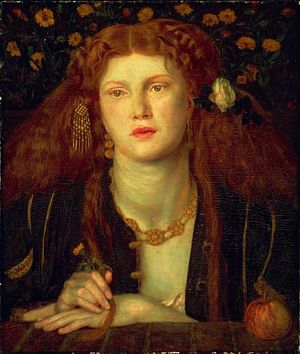This meant a lot of weekend tv watching.
. . . I don't know what to think about the three-part A Very English Scandal. It seemed, o I dunno, inappropriately light-hearted and cheeky for an exploration of how a man loses his political career via the necessity of being a closeted queer and because he tried to have murdered another queer whose life has been warped by the laws about homosexuality -- and gets off from attempted murder charge because Eton etc. I just don't know.
It was, of course, a delight to watch this mature, and o so not pretty, Hugh Grant in the role of disgraceful Labor party tentpole, Jeremy Thorpe, and the still very pretty Ben Whishaw as Norman Scott, Thorpe' lovely, but deeply disturbed young lover, whom Thorpe concludes must be killed to remove his inconvenient demands and loud mouth, once Thorpe tires of his 'bunny.'
. . . I then comforted myself with the BBC 1997 very sincere, yet a bit sly, 6-part miniseries adaoted from Walter Scott's Ivanhoe (1827 -- one of my favorite novels as an adolescent, and I still re-read it every so often). Among the many delights of this series is Ciarán Hinds as Brian de Bois-Guilbert and Christopher Lee as Lucas de Beaumanoir. Lee emotes in the role exactly as he does as Saruman in Jackson's Lord of the Rings. The scenery is splendid -- terrific forests and roads through them, and magnificent baileys, tilting fields and the rest. There are some impressive fight scenes during which the viewer will not miss CGI enhancement one bit.
The political slant of royals and the middle ages chosen present the Lion-Heart as heavier and less jovial than maybe Scott chose -- more in line with Steven Runciman's third volume of his classic history of the Crusades, though he's still a hero.
But then Scott's novel was not middle-ages light either. Horrible torture, anti-semitism, slavery, corruption of all sectors of the society's institutions from the crown to the church, sexual abuse of innocent women are all essential plot points in Ivanhoe, which are not prettified out of the story here. There are departures from Scott's text though, and all for the good, particularly with the character of Rowena and Athelstane.
 |
| Ciaran Hinds as Bois Guilbert and Susan Lynch as Rebecca |
Maybe the best of all the delights is the actress who plays Rebecca possesses the perfect sofa-divan pillow mouth, hooded eyes and extravagant waves of hair so beloved of Pre-Raphaelite-Rossetti pseudo mid-Victorian fantasy of medieval sirens.
Every time she appears on the screen I am as riveted by the actress's mouth shaping her words as were those men staring at Rossetti's paintings of Jane Morris (wife of William Morris) in "Proserpine,"
 |
| "Bocca baciate non perda ventura, anzi rinova come fa la luna’, which translated means ‘The mouth that has been kissed loses not its freshness; still it renews itself even as does the moon’. |
or Fanny Cornforth in "Bocca Baciata"
 |
"It's too Darned Hot" dance sequence from Kiss Me Kate
Yah, it remains too darned hot.





No comments:
Post a Comment